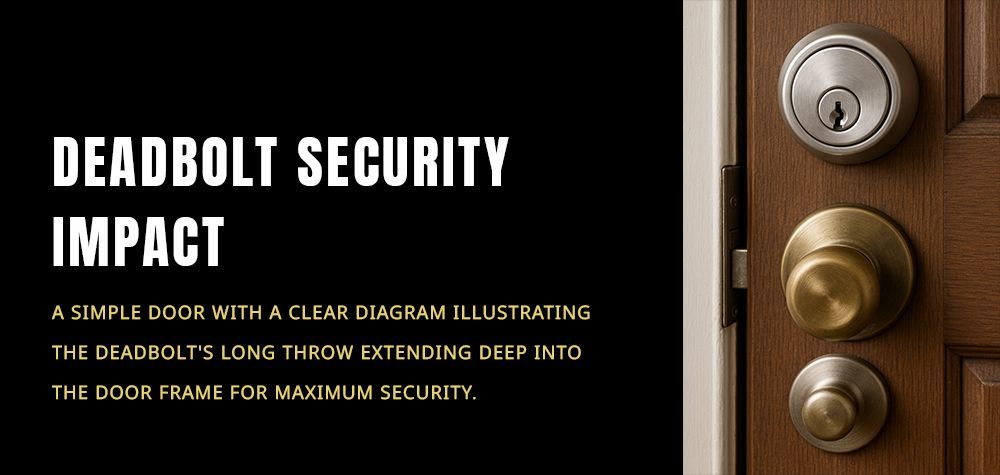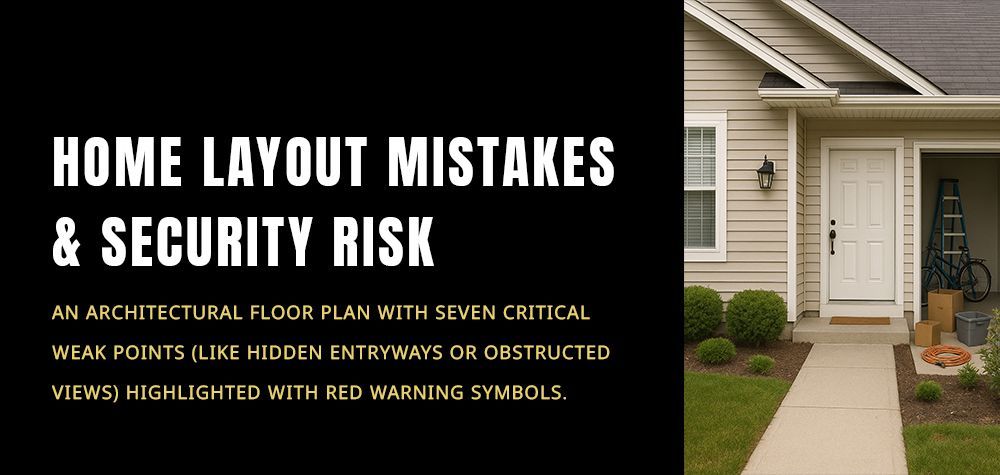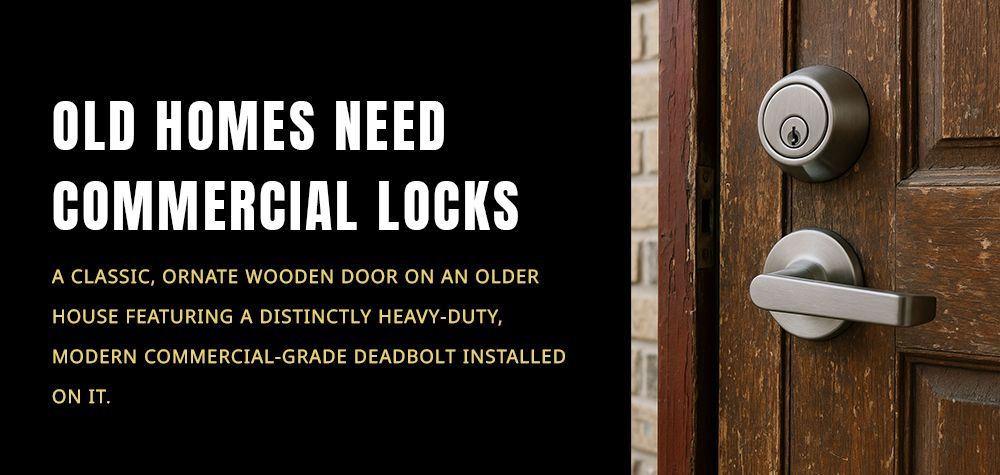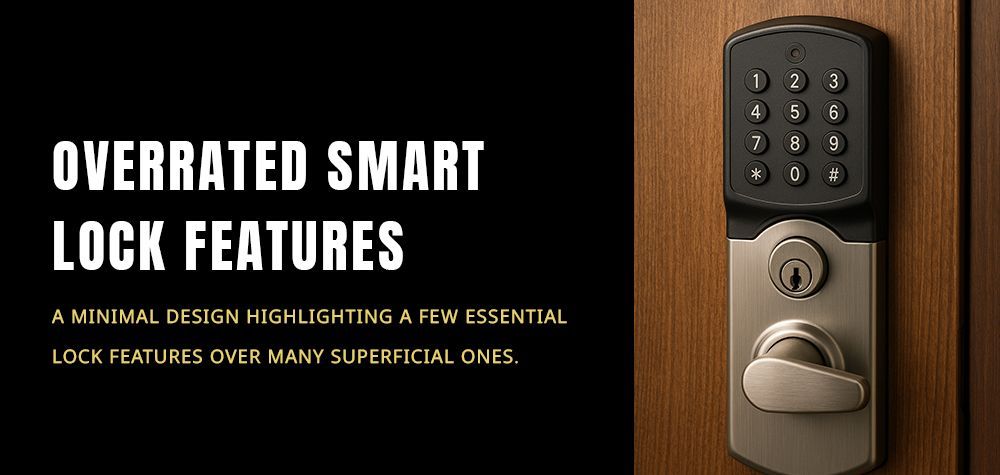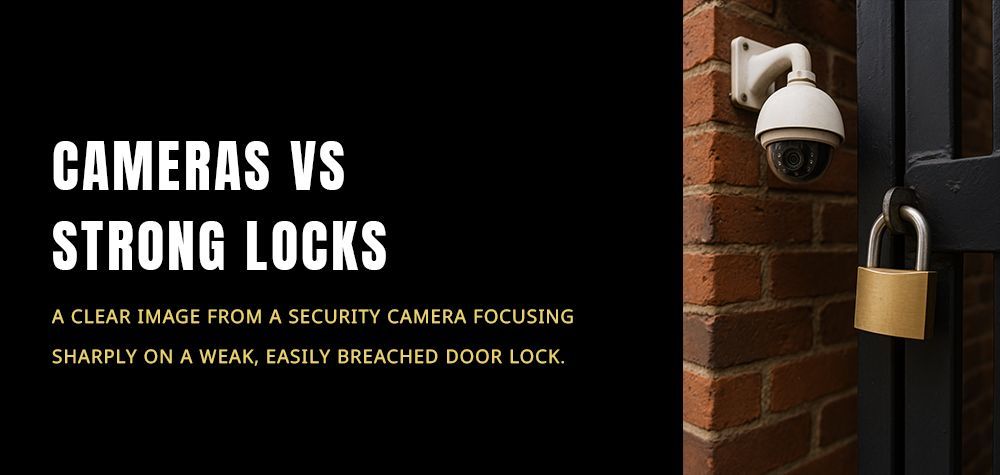How to Choose the Right Locksmith for Smart Lock Installation
Installing a smart lock isn’t just about upgrading your security; it’s about ensuring the installation is flawless so that your home remains safe and your new technology works as intended. While smart locks offer convenience, remote access, and keyless entry, their benefits depend entirely on proper installation. That’s where choosing the right locksmith comes in. A qualified professional will not only install your smart lock correctly but also help you understand its functionality and troubleshoot potential issues. But how do you find the best locksmith for the job? Let’s break it down.
What to Expect During a Lock Rekeying Service
Expertise in Smart Lock Technology
Not all locksmiths are equipped to handle smart locks. Traditional locksmiths may excel at mechanical locks but lack the technical know-how for electronic systems. The locksmith you choose should have experience with various smart lock brands, including August, Schlage, Yale, and Kwikset. They should be familiar with different connection types like Bluetooth, Wi-Fi, and Z-Wave, ensuring your smart lock integrates seamlessly with your home automation system.
Certification and Licensing
A professional locksmith should have proper certification and licensing to prove their credibility. Certified locksmiths often undergo specialized training in electronic security solutions. Look for certifications from reputable organizations like the Associated Locksmiths of America (ALOA). Checking for a valid license ensures that the locksmith follows industry standards and local regulations.
Reputation and Customer Reviews
A locksmith’s reputation speaks volumes about their reliability. Before hiring, check online reviews on platforms like Google, Yelp, or the Better Business Bureau. Look for feedback regarding their smart lock expertise, punctuality, professionalism, and problem-solving abilities. If a locksmith has consistently positive reviews for smart lock installations, you can trust them to handle your job efficiently.
Experience with Your Smart Lock Brand
Smart locks vary significantly in terms of installation requirements. Some require drilling, while others fit seamlessly over existing deadbolts. A locksmith with experience installing your specific brand will know how to handle the installation process without damaging your door. Always ask if they have worked with your chosen smart lock model before hiring them.
Availability for Emergency Support
Imagine getting locked out because your smart lock malfunctions. You’ll need a locksmith who offers emergency support. Many locksmiths provide 24/7 services, but not all specialize in smart locks. Ensure your locksmith can provide troubleshooting, reprogramming, and repairs if issues arise.
Transparent Pricing and Warranty
The best locksmiths are upfront about pricing and provide clear estimates before beginning work. Avoid locksmiths who give vague quotes over the phone and then charge extra upon arrival. Additionally, ask about warranties on installation services. A reputable locksmith should offer a warranty, ensuring that if any issues arise from the installation, they will fix them at no additional cost.
Compatibility with Your Home Security System
A well-integrated smart lock should work smoothly with your existing security system, whether it’s a smart home hub, alarm system, or video doorbell. A knowledgeable locksmith will assess your current setup and ensure that your new smart lock connects properly. They can also guide you on how to link your lock with voice assistants like Alexa or Google Assistant.
Steps to Hiring the Right Locksmith
- Research local locksmiths: Search online, read reviews, and ask for recommendations.
- Verify credentials: Check licenses, certifications, and past experience.
- Ask about smart lock expertise: Ensure they have specific experience with electronic locks.
- Request an estimate: Get a transparent quote before proceeding.
- Check their availability: Look for emergency services and post-installation support.
- Confirm warranty options: Ensure they provide installation guarantees.
- Schedule an appointment: Choose a locksmith who is professional, timely, and communicative.
Conclusion: Make the Right Choice for Long-Term Security
Choosing the right locksmith for smart lock installation isn’t just about finding someone who can get the job done—it’s about ensuring your home remains secure, your lock functions seamlessly, and you have professional support when needed. By focusing on expertise, reputation, licensing, and transparent pricing, you can confidently select a locksmith who will enhance your home’s security and convenience. Investing time in the right choice now will save you from future frustrations and ensure a smart, secure home.
Call Us Any Time!


